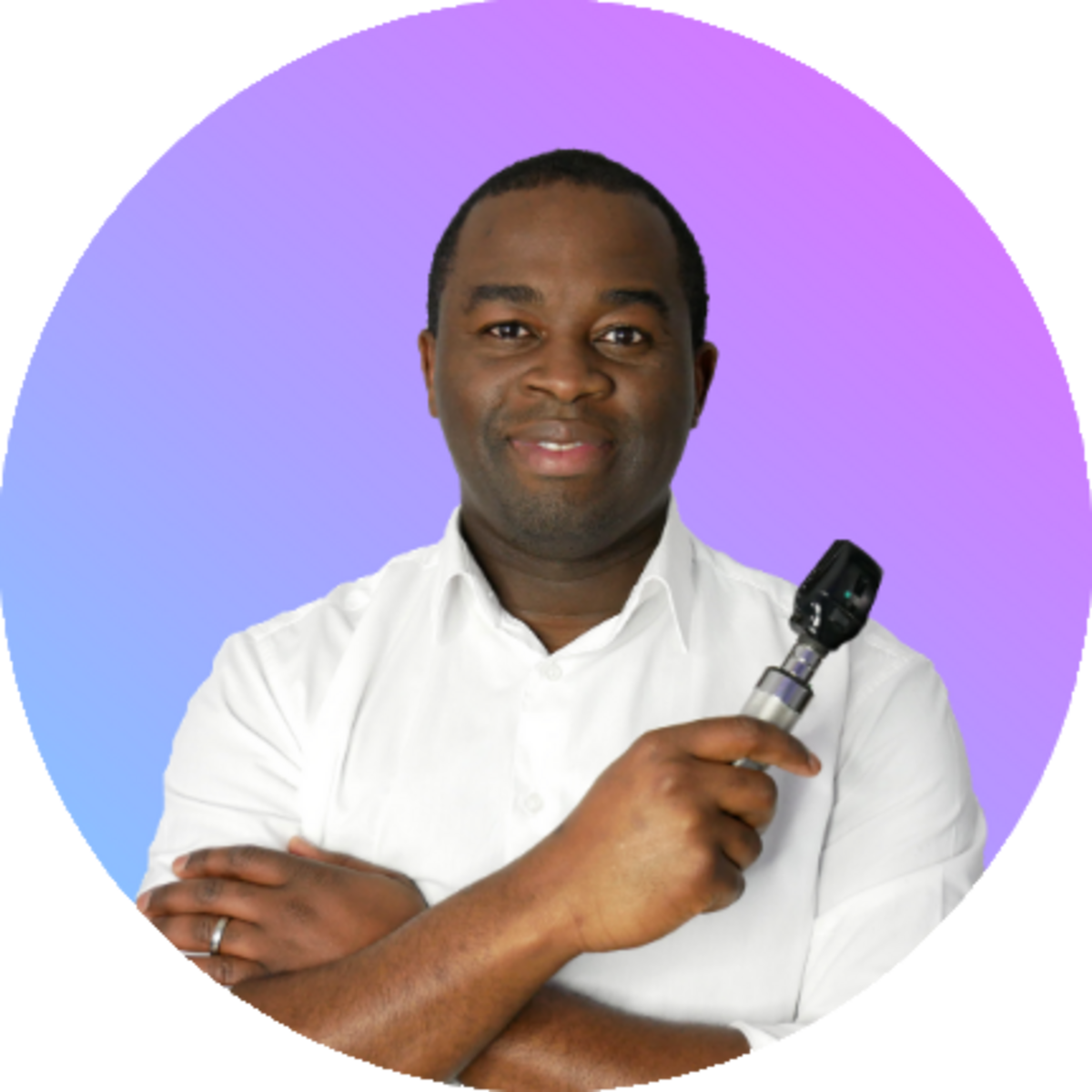Welcome to my guide on understanding the importance of early eye examinations for your child! I get that not everyone has children, but you could play a role in making sure that your nieces and nephews get examined early in life.
As an optometrist, I cannot stress enough the pivotal role that early eye care plays in your child's life. Your child's formative years are critical for developing visual resolution, which can influence capabilities in adulthood, such as driving or even qualifying for certain jobs.
In this newsletter post, we'll dive into everything you need to know about your child's first eye exam, why it's crucial, and how to prepare for it.
Why Early Eye Examinations Matter
The Formative Years Are Key
Babies aren't born with fully developed visual functions. Instead, their sight and visual processing skills develop in response to their environment. This development phase lasts through the early years and is called the "plastic period" or “critical period.”
"The formative years of your child's visual development are super critical to the visual resolution that they get stuck with as an adult."
During this plastic period, which generally lasts until about eight years old, your child's visual system can be greatly influenced by their surroundings and interventions, if necessary. This means any barriers to their visual development should be addressed as early as possible.
When Should Your Child Have Their First Eye Examination?
A common question parents ask is: How old should my child be for their first eye exam? The answer might surprise you!
Early Recommendations
Newborn to 6 Months: In many areas, newborns' eyes are screened as part of the Newborn Eye Examination Program. These initial checks are crucial for ruling out congenital eye issues and ensuring proper alignment.
Around 1 Year Old: A more detailed eye examination can take place when your child is around one year old. At this stage, an optometrist or an orthoptist can determine if the child's eye development is on track.
Beyond the First Year
Beyond the age of one, regular eye examinations are advised at least every one to two years. This is even more crucial if there is a family history of eye problems.
School Age Consideration
By the time your child reaches school age—around four or five years old—they may be ready for detailed adult-style tests. However, remember that vision screenings at school should never replace this, more comprehensive eye exam by a professional.
Common Concerns for Parents
One primary concern for parents is whether valuable information can be gathered during an eye exam because young children can't read. Rest assured, practitioners use child-friendly techniques to assess eye health, and an experienced optometrist can perform effective tests suitable for even the youngest patients.
Finding the Right Professional
While not all eye care practices are equipped to handle very young children, it's important to seek out a specialist in pediatric eye care when needed rather than avoiding a visit.
Tips for Preparing Your Child for an Eye Exam
Preparing your child for their eye exam can ensure a smooth experience. Here are some handy tips:
Preparing your child for their first eye exam:
Choose an Age-Appropriate Practice: If your child is under three, look for a developmental optometrist.
Book Wisely: Schedule appointments at times when your child is usually in good spirits, like after a nap
Bring Comfort Items: A favourite toy or blanket can help soothe your child, especially if they require eye drops.
Explain the Process: Use simple explanations, or show videos like "Peppa Pig's First Eye Examination," to familiarize them with what to expect.
Have Snacks on Hand: Snacks can keep them occupied if there's a wait time during the appointment.
The Importance of Regular Checkups
Regular eye examinations identify potential vision problems that might not be apparent otherwise. Early detection is key to preventing long-term issues and ensuring your child's success in school and beyond.
In Summary
Regular eye exams are essential for maintaining your child's eye health and catching early visual issues. If you have any concerns about your child's vision, consult with an optometrist or paediatrician as soon as possible. They can refer you to specialist care if needed.
"The important thing to remember is that if you suspect a problem or your child hasn't been examined within the recommended timeframe, don't hesitate to bring them in."
For further reading and resources, or to watch the related video to this newsletter, do check out the section below.
Best regards,
Martin Oguzie | Optometrist
More ways I can help:
Want to get practical and apply this information? Find out more about the next Eye Know Challenge to kick-start your eye health in just 5 days.
Have you got a copy of my book? Find out more and get your copy of Eye Know - Keeping Your Eyes Precious.
Watch the related video below if you prefer a visual presentation of this tip…

